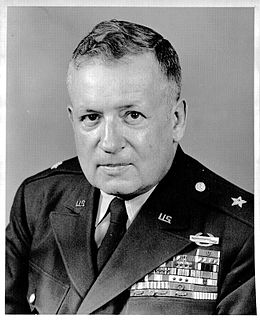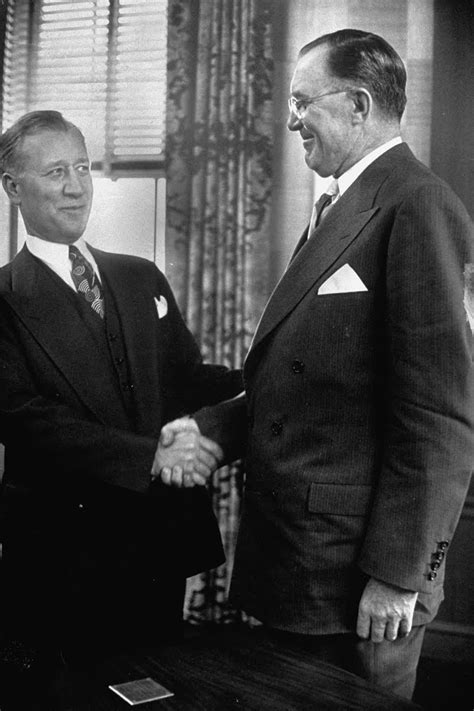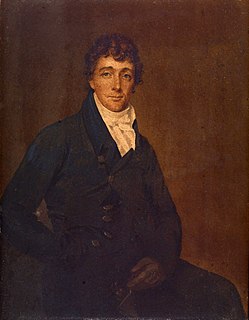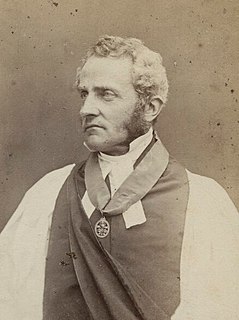A Quote by Richard Wagner
The patriot subordinates himself to his State in order to raise it above all other States and thus, as it were, to find his personal sacrifice repaid with ample interest through the might and greatness of his fatherland.
Related Quotes
Yet the arts of Severus cannot be justified by the most ample privileges of state reason. He promised only to betray; he flattered only to ruin; and however he might occasionally bind himself by oaths and treaties, his conscience, obsequious to his interest, always released him from the inconvenient obligation.
God has sovereignly pulled back the curtain on His glory. He has disclosed Himself on the platform of both creation and redemption that we might stand awestruck in His presence, beholding the sweet symmetry of His attributes, pondering the unfathomable depths of His greatness, baffled by the wisdom of His deeds and the limitless extent of His goodness. This is His beauty.
The face of the Son of God, who, instead of accepting the sacrifice of one of his creatures to satisfy his justice or support his dignity, gave himself utterly unto them, and therein to the Father by doing his lovely will; who suffered unto the death, not that men might not suffer, but that their suffering might be like his, and lead them up to his perfection.
We need from every man who aspires to leadership-for himself
and his company-a determination to undertake a personal
program of self-development. Nobody is going to order a man
to develop .... Whether a man lags behind or moves ahead in
his specialty is a matter of his own personal application. This is something which takes time, work, and sacrifice. Nobody can do
it for you.
The readiness to sacrifice one's personal work and, if necessary, even one's life for others shows its most highly developed form in the Aryan race. The greatness of the Aryan is not based on his intellectual powers; but rather on his willingness to devote all his faculties to the service of his community.
There is no hope for the world unless and until we formulate, accept and state publicly a true moral code of individualism, based on man's inalienable right to live for himself. Neither to hurt nor to serve his brothers, but to be independent of them in his function and in his motive. Neither to sacrifice them for himself nor to sacrifice himself for them.
In the true, original, catholic, evangelical religion of Jesus Christ, and in this alone, all the divided religions of Christendom find their union, their repose, their support. Find out His mind, His character, His will; and in His greatness we shall rise above our littleness; in His strength we shall lose our weakness; in His peace we shall forget our discord.
How does one chip off the marble that doesn't belong? ... That comes about through five things: humility, reverence, inspiration, deep purpose, and joy. No great man has ever wise-cracked his way to greatness. Until one learns to lose one's self he cannot find himself. No one can multiply himself by himself. He must first divide himself and give himself to the service of all, thus placing himself within all others through acts of thoughtfulness and service.
Strange is the vigour in a brave man's soul. The strength of his spirit and his irresistible power, the greatness of his heart and the height of his condition, his mighty confidence and contempt of danger, his true security and repose in himself, his liberty to dare and do what he pleaseth, his alacrity in the midst of fears, his invincible temper, are advantages which make him master of fortune.
Man tries to make for himself in the fashion that suits him best a simplified and intelligible picture of the world; he then tries to some extent to substitute this cosmos of his for the world of experience, and thus to overcome it. This is what the painter, the poet, the speculative philosopher, and the natural scientists do, each in his own fashion. Each makes this cosmos and its construction the pivot of his emotional life, in order to find in this way peace and security which he can not find in the narrow whirlpool of personal experience.









































